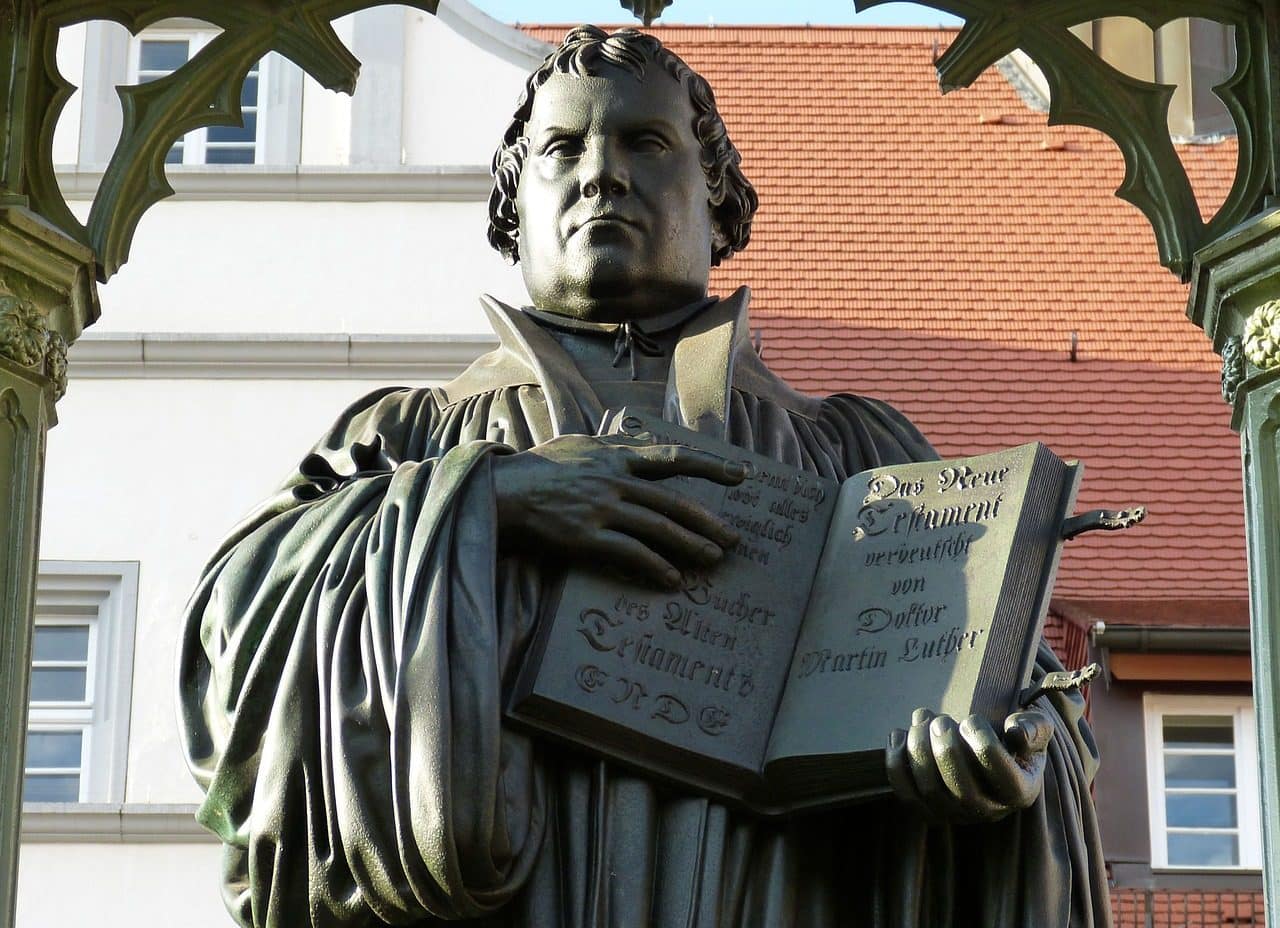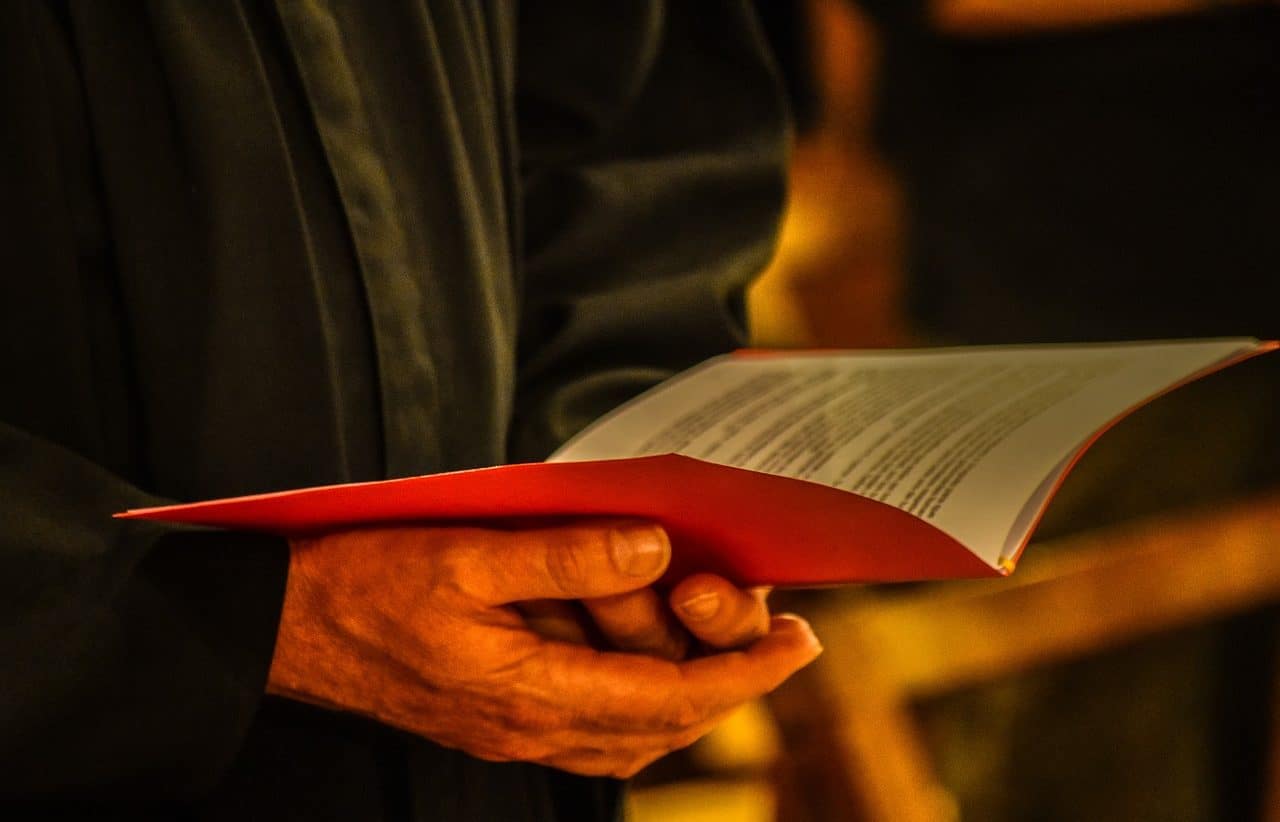
Martin Luther was one of the promoters of the Protestant Reformation.
Protestant is a term whose broadest meaning is associated with the person who expresses disapproval or reproach towards something. In this sense, everyone who carries out a protest is a Protestant.
The most common use of the concept, however, is more specific and appears in the area of religion . Protestant is the adjective given to those Christian movements that emerged after a reform that took place in the 16th century in various European countries.
Protestantism, therefore, emerged as part of the so-called Protestant Reformation that was born in Germany and which led to the creation of numerous religious groups and Churches . The Protestant movements owe their name to the objective of modifying the structure and certain principles of the Catholic Church, but without replacing or abolishing it.
History of the Protestant Reformation
It must be stated that it was specifically in 1517 when the steps of the well-known reform began to take place. And its promoters considered that it was necessary due to certain circumstances that were taking place within the Church and on its part:
- The authority of the pope was in absolute decline, among other things, because he was more concerned with earthly issues than with faith.
- The constant abuses that were being carried out by the entire group of clerics and members of the Roman curia.
- The decline of theology.
The theologians Martin Luther and John Calvin are considered the fathers of Protestantism. The rejection of the great power of the Pope , the opposition to the sale of indulgences and the intention to take advantage of the idle lands that the Catholic Church had in various regions of the world were some of the specific reasons that drove the Protestant Reformation.

The Protestant cult presents several differences with respect to Catholicism.
Different churches
It is important to know that the Protestant Church , in turn, is divided into three large groups, such as these:
- The Calvinist Church , from which, for example, the Presbyterians emanate.
- The Anglican Church , which has two branches, one closer to Catholicism and the other to Calvinism: the High Church and Low Church , respectively.
- The Lutheran Church , which later gave shape to the Mennonite and Anabaptist Churches, among others.
Differences between Protestants and Catholics
One of the big differences between Protestant doctrine and traditional Catholic doctrine is that Protestantism only recognizes Christ as leader of the Church. The pope , in this sense, is a fallible person like anyone else.
In the same way, these are other of the main differences between Protestants and Catholics:
- Protestants consider the Bible to be the highest authority to dictate what should be done for salvation from sins. Catholics, for their part, believe that this “power” is shared by the Bible with Sacred Tradition .
- Catholics bet because you have to be just and holy in order to achieve salvation. Those who profess Protestantism, for their part, advocate two different aspects: justification and sanctification.
- What happens after death and the characteristics of purgatory are other theological differences that exist between Protestants and Catholics.
